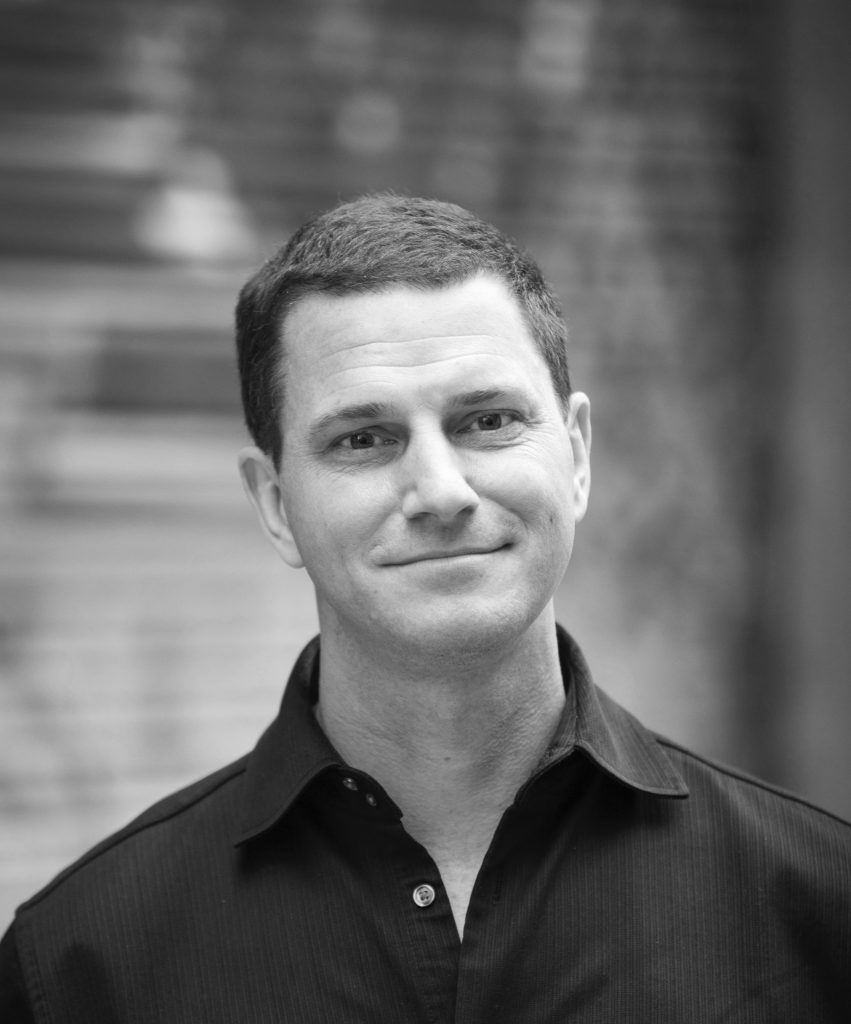Post-mobile digital transformation: What autonomous commerce means for your customers, company, and economy.
Every ten years in the evolution from commerce, to eCommerce, to mobile Commerce, new platforms have shifted consumer shopping patterns, enabled new business models, and disrupted industries worth trillions of dollars in aggregate – and it’s starting to happen again.
The next wave on the horizon is Autonomous Commerce (aCommerce). Like early browsers and smartphones, today’s intelligent virtual assistants (IVAs) have just started to enter the lives of technophiles and early adopters. But over the next five years, these increasingly omnipresent and intelligent agents will:
- Become the primary UI on 4 billion mobile phones and smart speakers, and billions of IOT devices.
- Deepen their scope, nudging consumer awareness, preferences, and purchase decisions to their offerings.
- Coordinate with each other and other agents (autonomous delivery vehicles, cashier-less stores, cloud kitchens…) to serve consumers with little human intervention – thus forming autonomous commerce.
In some industries, aCommerce is already here – in fact, it’s even the dominant model. Machine-to-machine trading of stocks and energy, streaming playlists on Spotify, and algorithm-based traffic optimization all give a preview of what’s coming to the rest of the economy. Join us as we present our research, extrapolating from these experiences to the impact that aCommerce will have from now to 2030.
Key take-aways:
- Understand the technologies, markets, companies, and industries that constitute autonomous commerce.
- Have a clear view of the next ten years of digital transformation.
- Develop a strategy and plan for your company to cope with aCommcerce, or capitalize on it.
- Guide internal and external investment decisions into new technologies and startups.

Mark researches science-based technologies, aka Deep Tech, ranging from synthetic biology to quantum computing, to help companies develop and deploy them. Over 20 years and across 40 countries, he has worked as a management consultant, technology analyst, lab researcher, and entrepreneur at Accenture, Forrester Research, UCSF, Lux Research, and several startups. He has served as chairman of the Swedish-American Chamber of Commerce and guest lectures at the University of California Berkeley. Mark brings together his background covering artificial intelligence and works with clients in artistic, engineering, and innovative industries. He curates and co-develops AI-based systems for creating humor, visual and musical arts, and human-machine co-innovation.

